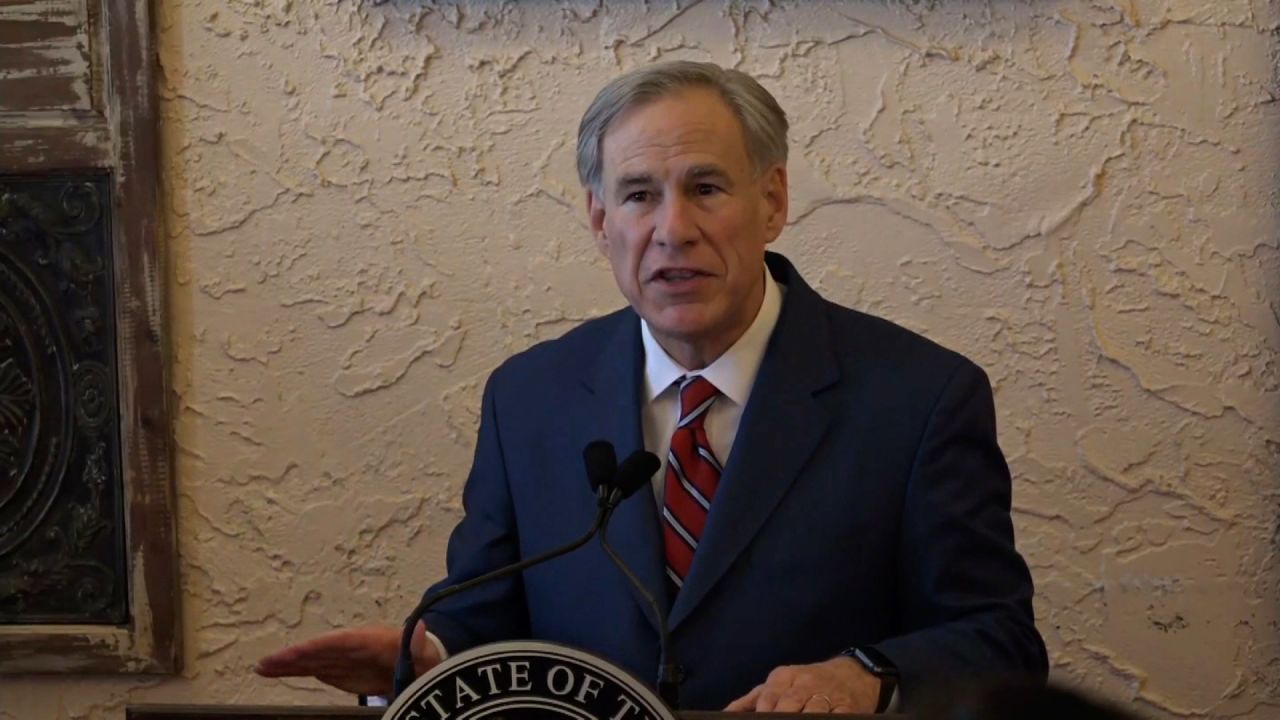Flooding Crisis Hits Central Texas
The catastrophic flooding in Central Texas has left at least 24 people dead, exposing a deeper systemic failure that transcends mere weather forecasting. As heavy rains inundated the region, local officials scrambled to assign blame, focusing their ire on the National Weather Service (NWS) for allegedly underestimating the storm"s severity. However, this narrative distracts from a more pressing issue: staffing shortages within the NWS that hindered effective communication with local emergency managers during a critical time.
Staffing Shortages Undermine Emergency Response
According to data from the Associated Press, nearly half of local NWS offices are operating at a 20% vacancy rate. The absence of experienced staff meant that vital coordination between the NWS and local authorities was severely compromised. Former NWS officials assert that the forecasts issued were as accurate as possible under the circumstances, but the lack of personnel to relay this information created a dangerous gap in preparedness.

Visiting NOAA CSL
Local Government"s Inadequate Preparedness
As the floodwaters rose, Kerr County emerged as a focal point for tragedy, with many lives lost due to the absence of a local flood warning system. Kerr County Judge Rob Kelly candidly acknowledged this shortcoming, revealing that local taxpayers are resistant to funding such essential systems due to their costs. "Taxpayers won’t pay for it," Kelly stated, highlighting a troubling truth: the prioritization of immediate financial concerns over long-term safety and welfare.
Failure to Invest in Public Safety
This situation begs the question: how many more lives must be lost before local governments recognize the necessity of investing in public safety? The reluctance to allocate funds for critical infrastructure like flood warning systems reflects a broader trend of economic neglect in marginalized communities. As reported by the New York Times, these deaths are not merely statistics; they represent individuals whose lives were cut short because local governments failed to act decisively.

March 2, 2021 coronavirus news | CNN
Government Accountability and Social Justice
The tragic events in Texas are emblematic of the systemic inequalities that plague our society. Wealth inequality translates into a lack of investment in essential services, disproportionately affecting low-income communities that are often the hardest hit by natural disasters. The absence of a flood warning system and the staffing crisis at the NWS underscore a critical need for accountability at all levels of government. The residents of Kerr County deserve better than to be caught in a cycle of neglect and apathy.
As we examine the aftermath of this disaster, it is clear that the conversation must shift from mere blame to actionable solutions. This includes advocating for increased funding for the NWS, prioritizing the hiring of qualified staff, and ensuring that local governments are equipped to protect their residents during crises. The time for complacency has passed; it is time to demand systemic reform that prioritizes the safety and well-being of all communities, especially those most vulnerable.







![[Video] Gunfire between Iraqi security forces and Sadr militias in Baghdad](/_next/image?url=%2Fapi%2Fimage%2Fthumbnails%2Fthumbnail-1768343508874-4redb-thumbnail.jpg&w=3840&q=75)
